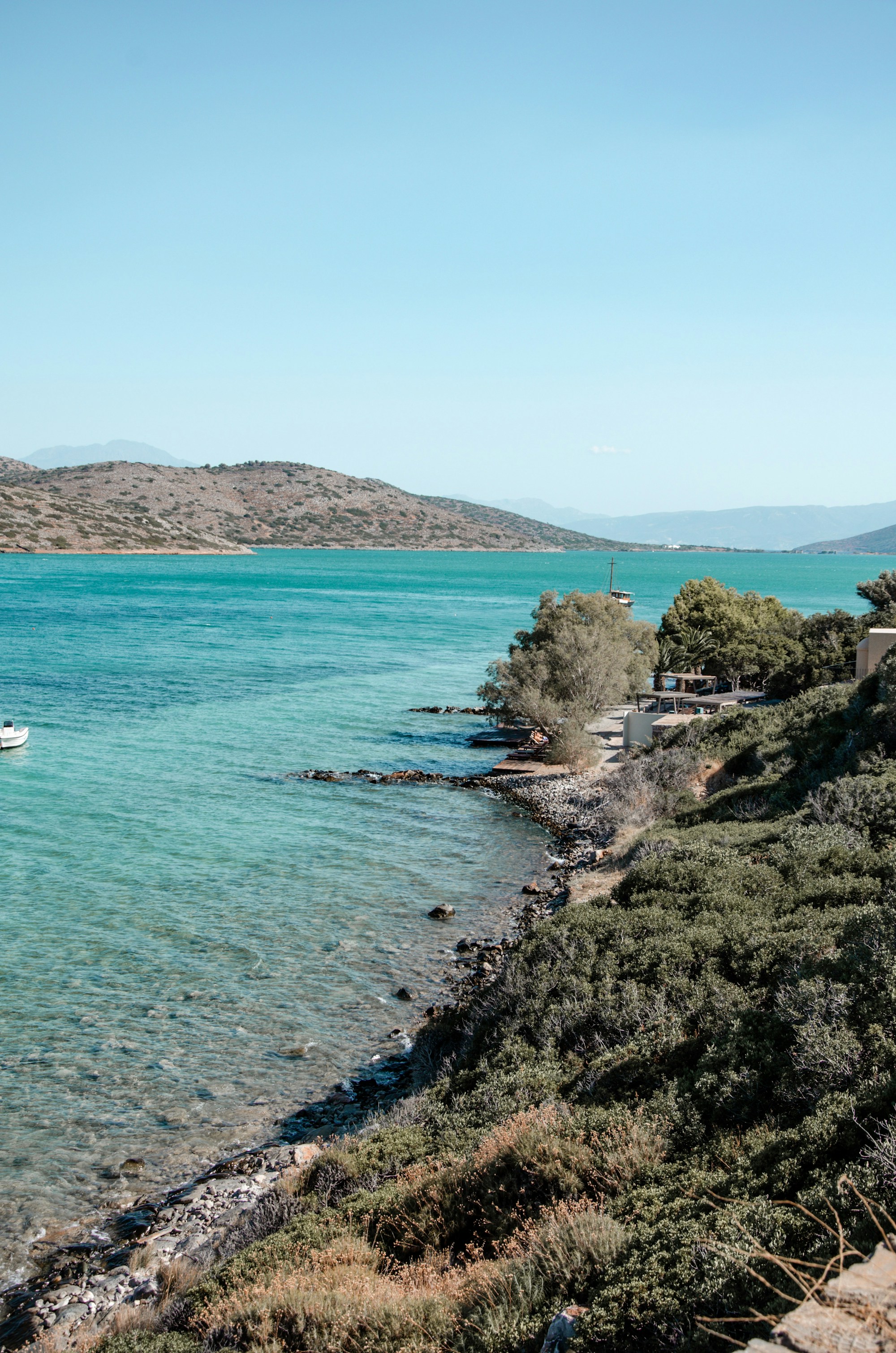Plaka: Explore Local History, Customs, and Festivals Guide
Discover Plaka's rich history, vibrant customs, and unique festivals in our comprehensive guide. Explore now!

Welcome to Plaka: A Journey through History, Customs, and Festivals
Nestled beneath the majestic Acropolis, Plaka is known as the oldest neighborhood in Athens, Greece. This quaint district, with its charming labyrinthine streets, neoclassical architecture, and vibrant traditions, offers a rich tapestry of history, customs, and festivals. Join us as we explore the various wonders that Plaka has to offer.
Historical Context
Plaka, often referred to as the "Neighborhood of the Gods," has a history that stretches back over 3000 years. The area was continuously inhabited since antiquity, flourishing during the classical Greek period, when Athens became a significant cultural and intellectual center.
Ancient Times
The roots of Plaka can be traced to ancient Agora, where philosophers like Socrates and Plato once walked. This district was home to aristocratic families and many significant ancient ruins still remain.
Byzantine and Ottoman Era
During the Byzantine period, Plaka continued to thrive, marked by the construction of several churches and Byzantine-era buildings. When the Ottoman Turks conquered Athens in the 15th century, Plaka retained its importance. Ottoman architecture, such as the Mosque of Mehmet the Conqueror, serves as a reminder of the Turkish influence.
Modern Era
The 19th century saw the rebirth of Greece as an independent state, and Plaka became a vibrant cultural hub. The neoclassical buildings that are so characteristic of the area today emerged during this period.
Customs and Cultural Practices
Plaka is a living museum of traditional Greek customs and practices. Visitors will find plenty of opportunities to experience authentic Greek culture.
Greek Hospitality
One of the most endearing customs in Plaka is philoxenia – the Greek tradition of hospitality. Locals are known for their genuine friendliness and warmth, often inviting visitors for a cup of coffee or a meal.
Traditional Greek Music
The sound of bouzouki and traditional Greek songs can often be heard drifting through the streets of Plaka. Many tavernas host live music nights where musicians play rembetika and laika tunes, adding to the enchanting atmosphere.
Cuisine
Plaka is home to numerous tavernas and eateries that offer delicious Greek cuisine. Traditional dishes you must try include:
- Moussaka: A layered dish of eggplant, potatoes, and minced meat, topped with béchamel sauce.
- Souvlaki: Skewers of meat, typically served with pita bread, tzatziki, and vegetables.
- Spanakopita: A savory pie filled with spinach and feta cheese.
- Baklava: A sweet pastry made of layers of filo, filled with nuts and soaked in honey syrup.
Festivals and Celebrations
Plaka hosts a variety of festivals and celebrations throughout the year, each offering a unique insight into Greek traditions and communal spirit.
Greek Easter
Greek Orthodox Easter is the most significant religious festival in Greece, and Plaka is no exception. The streets are filled with processions, and the air is thick with the scent of incense. At midnight on Easter Saturday, the Resurrection is celebrated with fireworks and the phrase "Christos Anesti" (Christ is Risen).
Plaka Carnival
Known locally as Apokries, the Plaka Carnival is a time of revelry and merriment. Masked parades, music, dancing, and feasting dominate the streets. This period precedes Lent and allows the locals to celebrate with abandon before the period of fasting begins.
Music and Arts Festivals
Plaka hosts a number of music and arts festivals, celebrating both contemporary and traditional Greek culture. These include:
- Plaka Music Festival: An annual event featuring performances by local and international musicians.
- Street Arts Festival: A vibrant celebration of street art, including graffiti, murals, and installations by local artists.
- Historical Reenactments: Events that bring ancient Greek history to life with dramatic reenactments of significant historical events.
Local Anecdotes and Interesting Facts
The Lion of Plaka
One of Plaka’s most beloved legends concerns the Lion of Plaka. According to local lore, a bronze lion statue once stood guard over the neighborhood, protecting its residents from harm. Though the statue has long since disappeared, the story remains a cherished part of Plaka's cultural heritage.
The Hidden Cave
Underneath the streets of Plaka lies a hidden cave, known as the Cave of Pan, dating back to ancient times. It was once a site for the worship of the Greek god of the wild, Pan. While it's not open to the public, its presence adds a layer of mystique to Plaka's history.
Plaka's Transformation
From the mid-20th century, Plaka transformed from a residential area to a vibrant tourist attraction. Despite the influx of visitors, many locals continue to live here, preserving its authentic charm and ensuring that traditional practices continue to thrive.
Explore Plaka
Plaka is a delightful mix of the old and the new, where history meets modernity. It's a place where you can wander the ancient streets, enjoy traditional Greek food, and participate in vibrant festivals. Here, every stone tells a story, every custom is a window into the past, and every festival is a celebration of life itself.
